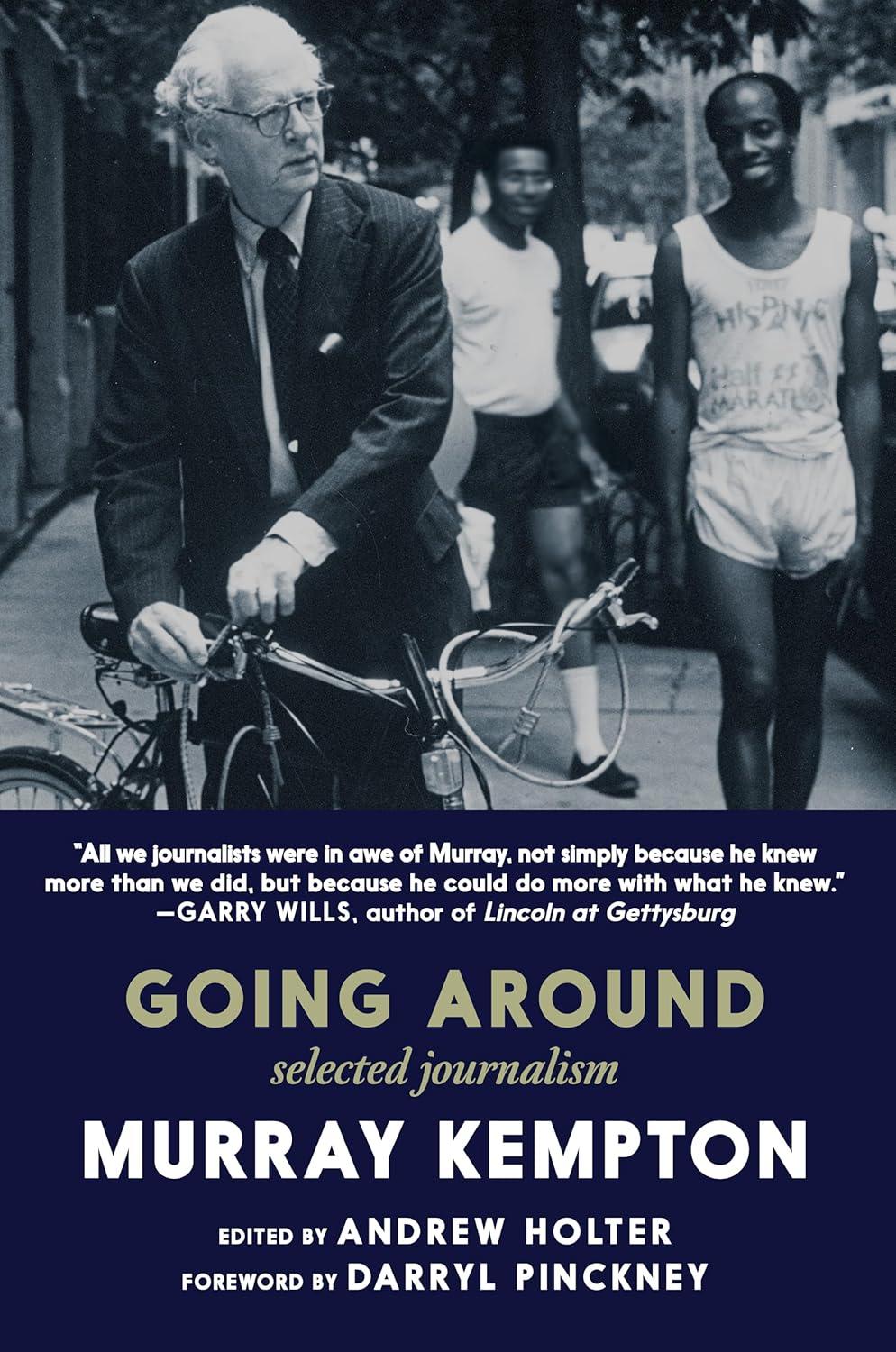Unlike many of today’s columnists, Kempton didn’t limit himself to trafficking in political commentary or offering second-day reactions to the news. He saw himself as a reporter to the end, when he was pushing 80. “All my life,” he wrote in 1995, “when called upon to identify myself to the Internal Revenue Service . . . I have preferred to enter not journalist, not columnist, not commentator, certainly not author, but simply . . . ‘newspaper reporter.’”
Born in Philadelphia in 1917, he was raised by his mother and his aunt in Baltimore, where he spent his formative years listening to jazz (he was particularly into Count Basie and Bessie Smith) and reading articles by a local newspaperman named H.L. Mencken. Kempton briefly joined the then-liberal New York Post before World War II and rejoined the paper after the war. He’d spent most of the rest of his life working for daily papers like the New York Sun and Newsday, with a stint editing the New Republic in the mid-1960s. But he also freelanced for the weeklies and monthlies: This collection includes pieces written for Playboy, Grand Street, and the New York Review of Books. He never stopped working, filing columns up until shortly before he died in 1997.
And indeed, throughout Going Around, one can read him reporting on anything and everything. He reflects on the lives of Emmett Till and Tupac Shakur, examines Donald Trump and Karl Marx, chastises Ed Koch and Roy Cohn Jr., and looks for meaning in the downfall of Robert Oppenheimer. He even writes with humor about getting mugged and having his bike stolen. This is not the niche work of a specialist, and nor is it the smoothly faux-sophisticated work of someone with Wikipedia (or, God forbid, ChatGPT) at their fingertips. Instead, Kempton’s writing is that of an observant person in conversation with the world around him—and of someone hungry for the next story. In a December 1987 column occasioned by his 70th birthday, Kempton offered this reflection on his career:
I have seen Robert Kennedy with his children and John Kennedy with the nuns whose fidelity to their eternal wedlock to Christ he strained as no other mortal man could. I have been lied to by Joe McCarthy and heard Roy Cohn lie to himself and watched a narcotics hit man weep when the jury pronounced Nicky Barnes guilty. Dwight D. Eisenhower once bawled me out by the numbers, and Richard Nixon once did the unmerited kindness of thanking me for being so old and valued an adviser. . . .
Most of life’s epiphanies arise from its accidents, and it is never so much fun as when it conscripts us as prisoners to the luck of the day.
